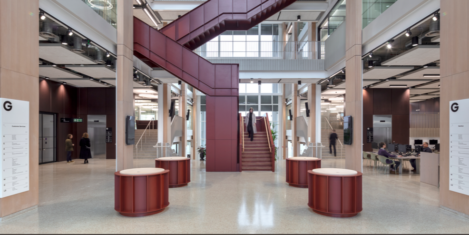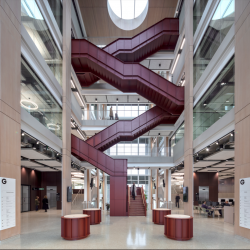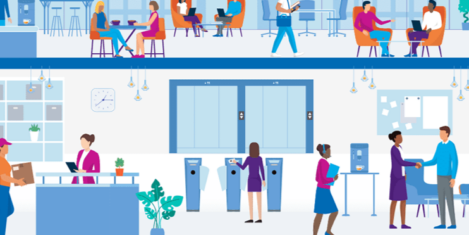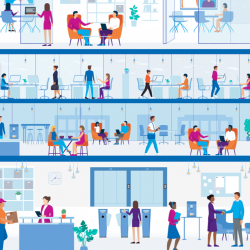October 14, 2022
Office fit out and rent rises will hit occupiers worldwide this year
 Occupiers around the world are facing a 10 percent increase in office fit out costs with rental rises also squeezing budgets for those in EMEA, according to a new report from Savills. The firm’s Prime Office Costs (SPOC) analysis for Q3 2022 suggests that fit-out costs in key office markets around the world have continued to climb with inflation, rising an average of 10%, with increased rents in many markets also contributing to higher total net effective costs for office occupiers. Overall, the markets which have seen the largest increases in net effective costs (including fit-out costs, rents and other costs) over the quarter are largely clustered in the EMEA region, including Dublin (+7%), London City (+5%), Dubai (+3%), and Berlin (+3%). (more…)
Occupiers around the world are facing a 10 percent increase in office fit out costs with rental rises also squeezing budgets for those in EMEA, according to a new report from Savills. The firm’s Prime Office Costs (SPOC) analysis for Q3 2022 suggests that fit-out costs in key office markets around the world have continued to climb with inflation, rising an average of 10%, with increased rents in many markets also contributing to higher total net effective costs for office occupiers. Overall, the markets which have seen the largest increases in net effective costs (including fit-out costs, rents and other costs) over the quarter are largely clustered in the EMEA region, including Dublin (+7%), London City (+5%), Dubai (+3%), and Berlin (+3%). (more…)


































October 5, 2022
Why should anyone care about your change?
by Jennifer Bryan • Business, Comment, JB, Workplace